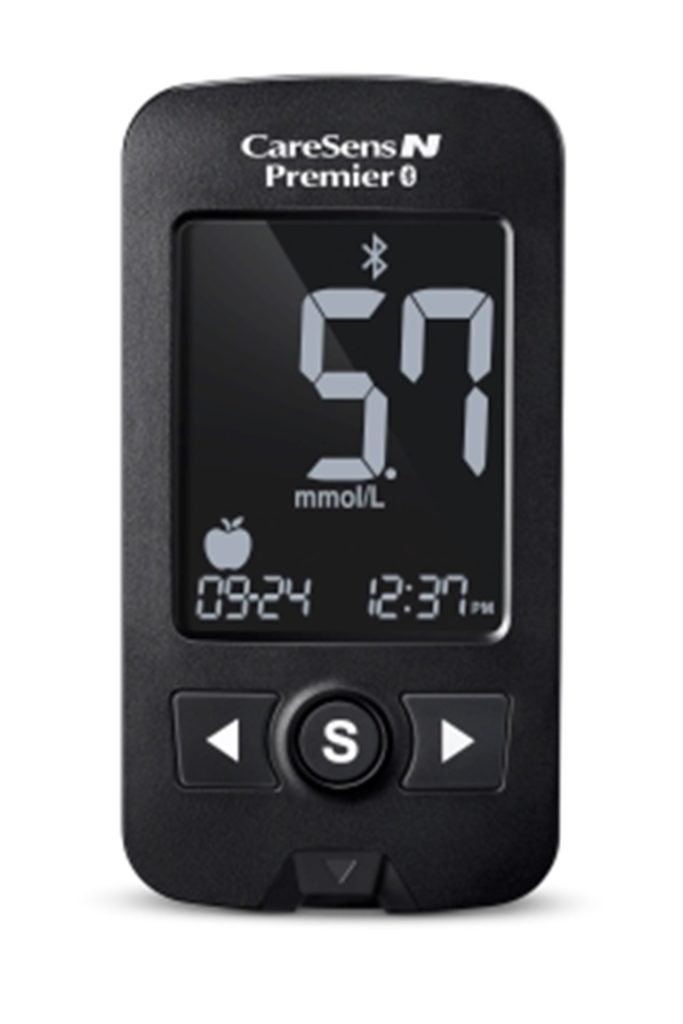We live in an age of medical miracles. In fact, medicine is now so sophisticated that it’s easy to forget how many conditions that were once untreatable are now easily managed.
Treating chronic conditions isn’t just about easing symptoms, although of course that is a significant benefit. Sticking to your treatment plan can reduce or halt the progression of your disease and decrease the likelihood that you’ll be admitted to hospital as a result.
Here’s some common conditions that can be managed:
Dealing with diabetes

Although diabetes was identified 3000 years ago, it wasn’t until 1922 that the first patient was treated with insulin. Before that, diabetes meant certain death.
Now, both Type 1 and Type 2 diabetes can be treated with short-acting and long-acting forms of insulin, sophisticated blood-sugar trackers to help manage symptoms, and non-insulin treatments like metformin and blood-glucose inhibitors.
Most diabetics can manage their condition without significantly limiting their quality of life – a far cry from 100 years ago.
Better treatments for asthma
Over the last century, asthma has been treated with a range of medications, inhalers and vaporisers. Although early treatments offered some relief, they tended to focus on soothing the airways during an attack, rather than managing the condition long term.
Modern treatment is much more effective, using a combination of daily medication to prevent symptoms, and fast-acting treatment if symptoms are triggered. Although still a life-long condition, most people can successfully manage their asthma.
Help with high blood pressure
Hypertension, or high blood pressure, has been treated with leeches, diets, surgery, and various drugs – and most of these treatments were ineffective long term.
 In the 1960s, the first beta-blockers were developed to treat angina, but turned out to be more effective in treating hypertension. Since then, blood pressure medications have become more sophisticated, helping people with hypertension manage the condition more easily.
In the 1960s, the first beta-blockers were developed to treat angina, but turned out to be more effective in treating hypertension. Since then, blood pressure medications have become more sophisticated, helping people with hypertension manage the condition more easily.
Treating heart disease
Heart disease is one of the Western world’s most common causes of death.
However, advances in medical science have made it much easier to diagnose and treat. Heart bypasses are still performed, but the disease can often be treated with a stent or catheter in the affected arteries, a less invasive surgical option.
Taking aspirin daily can also help, preventing blood clots forming and lowering the risk of heart attacks and strokes. Aspirin, one of the most commonly used drugs in the world, has been around since the 1890s – but it’s still a medical miracle, particularly for those with heart disease.
Whatever your treatment plan, it’s essential to keep taking your medication. In fact, one study of a large population of cardiac patients showed that taking cardiac medications properly reduced the risk of cardiovascular disease by 20%, and reduced the overall risk of death by 35%.
Health and high cholesterol
Dyslipidaemia is the medical term for high levels of cholesterol (fats) in the blood. This condition is common, and can increase the likelihood that your arteries will clog, leading to heart attacks or strokes.
High cholesterol used to be managed with diet and lifestyle changes, and while this is still worth doing, lipid-lowering drugs known as statins or fibrates are now used as well. Statins work by disrupting the production of cholesterol in the liver. If you take drugs for dyslipidaemia, it’s important to stick to your treatment schedule to keep the disease under control.
Medical miracles delivered to your door
NZ owned and operated, ZOOM Pharmacy delivers medication to your door, so you can keep your treatment on track without frequent trips to the chemist. Prescription medication is delivered by courier in 1-2 days, packaged discreetly. They’ll also help you keep on top of refills by organising your repeats for you, repeat prescriptions happen seamlessly. And, when you need professional care and advice, ZOOM’s NZ-qualified pharmacists are also just a phone call away.
One happy ZOOM customer puts it like this: “Simple to use and saved lots of my old hassles for regular three-monthly repeats prescriptions I always hated sorting!”
To get started, simply ask your GP clinic to fax your prescription direct to ZOOM, or FreePost it yourself. Find out more at zoompharmacy.co.nz









Join the Discussion
Type out your comment here:
You must be logged in to post a comment.